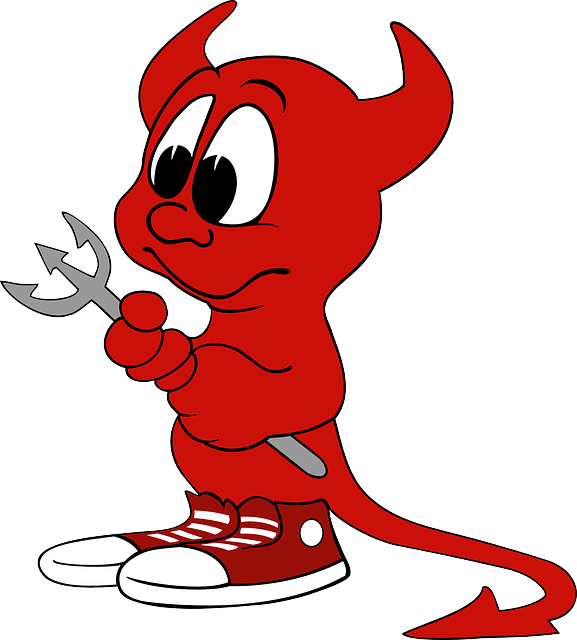I just finished Nalini Singh's Branded by Fire, one of her Psy-Changeling novels. And oh, my God, can I relate to Mercy--alpha female, strong, independent and capable(just like another Mercy I know by Patricia Briggs—another of my favs). But it seems that strong, independent women get shit from everyone. If one does not happen to belong to a pack of predatory shapeshifters, as Mercy does and I do not, being an alpha female can be very difficult. In the real world, strong independent women are seen as ball-busting bitches. No one thinks twice about calling you aggressive or saying, "No one likes you." What I've actually found is that it is only the people who are threatened by female strength who are the ones who don't like us. But it still hurts when people are nasty just because they think they can be. Female strength is often equated with a lack of emotion, as if strength in women makes us less feminine and therefore less emotional or sensitive. Which is a ridiculous argument on a number of different levels: first, "real" women are not more inherently emotional than men; second, strong women are not a different species than "normal" women; and third, who is coming up with these silly stereotypes to begin with?
People think it is OK to say mean things to someone they think lacks human feeling. But these are the same people who supposedly think alpha girls lack a sensitivity chip, so why aren't folks more afraid of us? After all, we might bite them. But I digress. Again.
And, actually, the phenomenon of being mean to strong women is not really what I want to talk about today. Shocking, right, that I'm at the third paragraph of this post and I haven't reached my topic sentence yet? My seventh grade English teacher would be appalled. Oh, well. So, finally, the topic at hand is the loneliness of the alpha female. Mercy is lonely. She is afraid that she will never find a mate because she will never find someone who is both strong enough and flexible enough to engage in the dance of dominance that is necessary when two strong, independent individuals try to get together.
Ms. Singh does such a good job describing the very real downside of being an alpha female in the real world-- a difficulty in connecting with others because connection requires surrender, and letting go of control, which is hard for everyone but especially for alphas--male and female. And life without intimate connection is lonely. But it takes a certain kind of strength to cede control. And it takes a very sophisticated understanding of the healthy aspects of dependence and reliance to truly connect with others. So while this kind of connection is possible for alphas, it takes a conscious decision, which Mercy comes to understand. And which is as it should be, in fact.
It is hard to let go for those of us who like to be in control. It's scary. And uncomfortable. And dangerous. Most of us who live in carefully constructed houses of illusion don't want to be disabused of those lifelines. Just like Mercy, the idea of total surrender can be anathema to alphas. And for females, showing a man the truth of who we are, as Mercy is determined to show Riley, often results in the man finding the nearest exit.
I love the way that Riley evolves to understand that to be in love with a female alpha is to love her dominance and seek her trust so that she can let go with him. I love that he wants to protect her but that he loves that she can protect herself. The whole romance is so well done and so well described that I felt like I was right there with them, figuring it out, one step at a time. Not necessarily neat and tidy, but real.
And I'm so glad that Mercy doesn't have to be lonely or submissive. I don't agree with imposed roles, particularly based on gender (I know, you are shocked!). I am so grateful that I was born after the advent of feminism into a culture where women don't have to be barefoot and pregnant in the kitchen. Like Mercy, I would never survive with my sanity intact if I hadn't been. And I'm glad I'm not lonely either, and that my husband loves my strength and doesn't insist on always being in control. Just like Riley. I love this truth in fantasy.
One of the things I loved best about this book is that this time, it's not only the male who is alpha. I love that Nalini Singh is exploring the phenomenon of the female alpha. We're out there. We exist. And we want men who can appreciate us and cherish us not in spite of our more "masculine" character attributes, but because of them.
Female alphas are hot. Just ask Mercy. Or Anita Blake. Or any of the heroines in Kresley Cole's Immortals After Dark series. These women are smoking! And I don't mean cigarettes. And their men understand that to win the heart of an alpha female--and keep it--is an accomplishment of epic proportions.




















